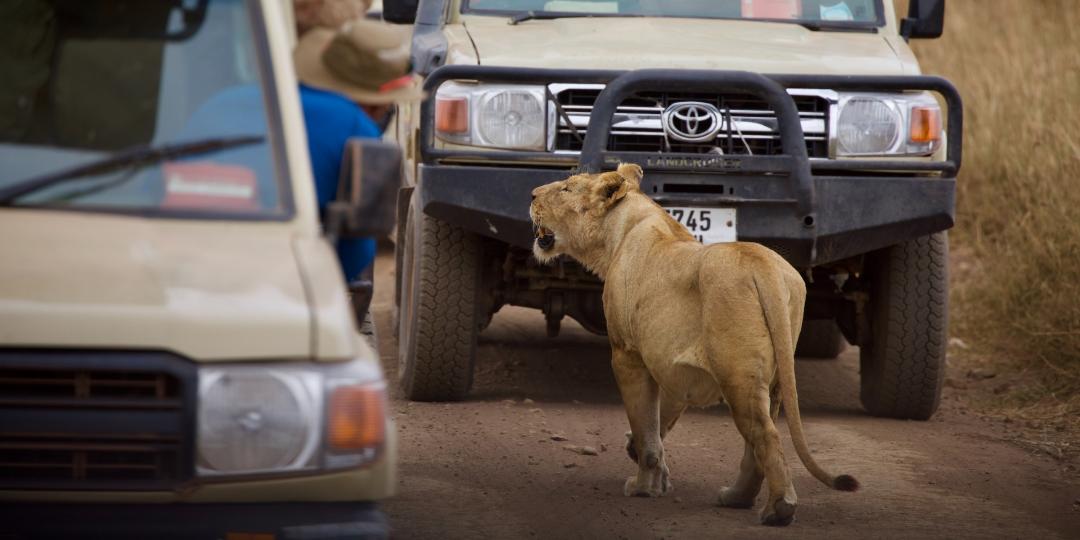While the recovery of the luxury travel market has been highly encouraging, care needs to be taken to guard against over-tourism.
According to Sabine Blehle, CEO of Tourvest subsidiary GoVacation Africa, the risk of over-tourism is a significant concern associated with the potential oversaturation of the luxury safari market.
“This phenomenon could lead to overcrowded game drives and lodges, ultimately challenging the core of privacy, superior service, and exceptional experiences that luxury travellers seek. This situation could prompt travellers to seek alternative destinations better catering for their luxury travel aspirations,” Blehle warned.
“Furthermore, the environmental repercussions of over-tourism pose a substantial challenge. The strain caused by increased human activity and vehicle traffic can disrupt the delicate equilibrium of ecosystems and wildlife habitats. Such disruption undermines the very sustainability that luxury travellers value, impacting both their experiences and the environment they aim to engage with,” said Blehle.
In order to counteract these potential negative outcomes, Blehle said the growth of the luxury safari industry should be managed by limiting visitor numbers and tourists in specific locations.
“Alternatively, encouraging development in lesser-known regions could help to lessen the tourism impact, reducing the concentration of visitors in particular areas. This diversification approach would contribute to maintaining the exclusivity and sustainability that define the luxury safari experience while mitigating the risks of over-tourism and environmental strain.”
Suzanne Benadie, Sales Director at Sense of Africa, said luxury should remain understated, and always be responsible and sustainable.
“It will always be important to ensure that the core delivery on a luxury safari is quality wildlife experiences, and to remain authentic in what’s offered. Sourcing local products and using what’s typical to a region, will always win over a guest who appreciates the best of everything.”






















